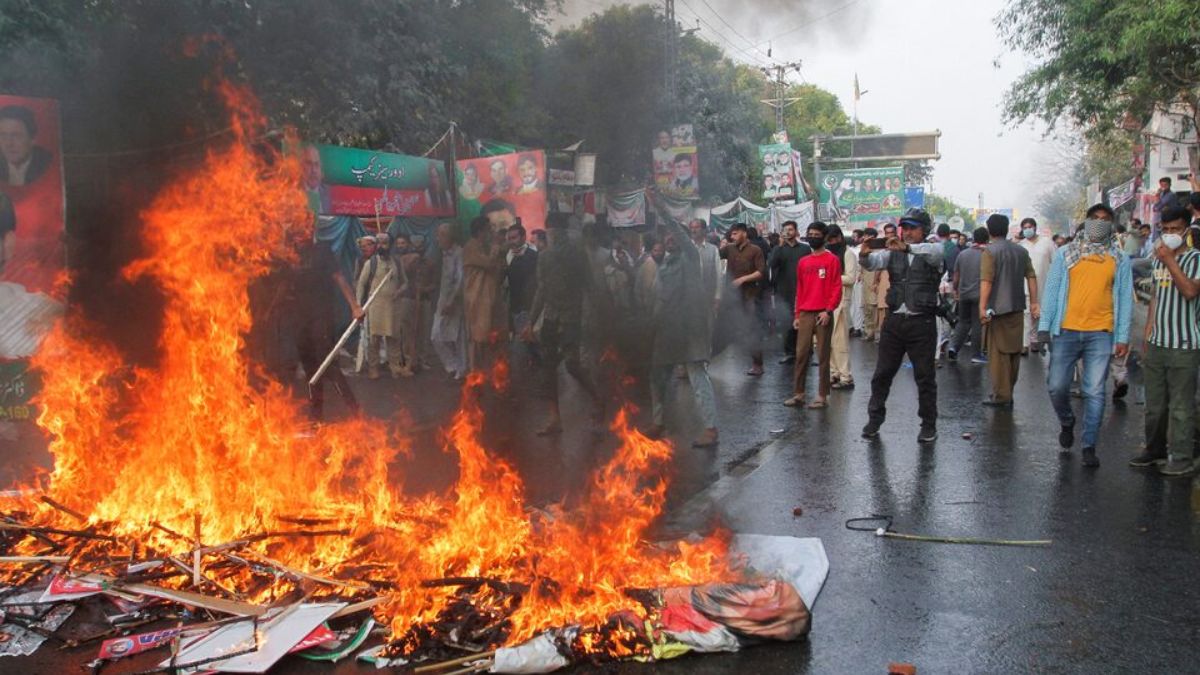The Council of Islamic Ideology (CII) in Pakistan argues that VPN technology allows any user to hide their identity and location. Due to this people do un-Islamic work. This is why VPN has been declared haram. CII has supported every step taken by the Government of Pakistan to prevent the spread of immoral and blasphemous content.
The fight over internet continues in Pakistan. The government recently took an important step towards cyber security by making it mandatory for all users to register their Virtual Private Network (VPN) with the Pakistan Telecommunication Authority (PTA).
Now the top advisory body on religious matters in Pakistan, ‘Council of Islamic Ideology’ (CII) has opposed Virtual Private Network i.e. VPN. The organization says that the Virtual Private Network (VPN) used to view restricted content on the Internet is against Islam. In this way, a fatwa has also been issued declaring VPN as un-Islamic.
Using VPN is a sin
- According to Ragib Naimi, President of ‘Council of Islamic Ideology’, people will do wrong things by using internet through VPN. You will see the type of content that is banned.
- He further said that VPN technology is being used to create anarchy in the society by spreading false rumours. This is the reason why it cannot be considered correct from a religious point of view.
Why did Pakistan government implement this system?
This rule has been implemented in Pakistan only last Friday. The Department of Telecommunications of the Government of Pakistan says that this VPN has been made mandatory to prevent pornography as well as economic crimes.
The Pakistan government is even claiming that this will prevent terrorist conspiracies. Recently, on the instructions of the Home Ministry, Pakistan Telecom Authority (PTA) had blocked many VPNs using restricted content.
The PTA claims that Pakistanis have made at least five billion attempts to access restricted websites using VPNs. Many social media platforms have been banned here.

World concerned over internet ban in Pakistan
There is reaction from all over the world on the internet ban in Pakistan. Most people believe that the current Pakistan government is shutting down the internet to stop the protests.
Daniel Castro, vice president of the American think-tank, believes that the Internet ban in Pakistan may provide short-term political power to the government, but the shutdown could lead to long-term economic instability.





